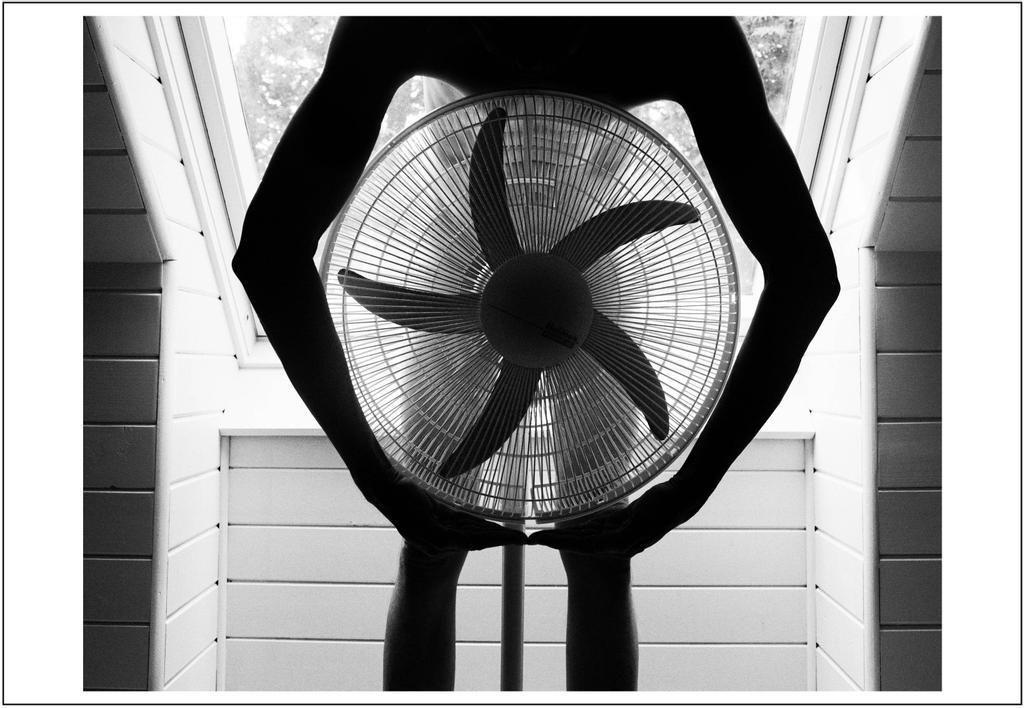Table Talk

LAST JANUARY, I sent a stern email to my three adult children, all over thirty, informing them that if they didn’t claim their possessions by the end of the year I would throw them out. The pandemic scrambled my plans: one son landed home for months and my daughter, an ER doctor, was afraid to visit, for fear of infecting the old folk. Last week she finally drove up and managed to sort through a bookshelf. Many of the books in the discard pile were paperbacks she bought for courses, titles like Coffee Will Make You Black by April Sinclair and Native Son by Richard Wright. When I sat on the floor stacking them into bags, I realized that over the years my husband and I have instinctively held on to books by black authors, as our parents before us did. Knowing that these books were widely available, even fashionable now, I still felt reluctant to let them go.
My father, who earned a bachelor’s degree in English at the University of Michigan, was a journalist and editor of the Chicago Defender in the 1950s. Langston Hughes wrote a column for the paper in those days. In our house in Hyde Park, there was a room off the dining room lined with floor-to-ceiling bookshelves full of books by black authors. My mother reviewed many of the books the Defender received. When I read Alice Walker’s article about Zora Neale Hurston in Ms. magazine in 1975, an article that is credited with rekindling interest in Hurston’s work, I found original copies from the Thirties of Their Eyes Were Watching God and Go Tell My Horse on my parents’ bookshelf.
As a child, I think I understood that not every house had a library, but I didn’t think it was unusual. The motley collection included Shakespeare, Book-of-the-Month Club offerings, and mystery novels as well as works by black authors. My mother read whenever she had free time. After she put us to bed, she would drink a beer and read alone at the kitchen table. Nothing irritated her more than for one of us to interrupt her during her sacred hour. I can hear her voice: “This is time, now. Your time
You’re reading a preview, subscribe to read more.
Start your free 30 days



